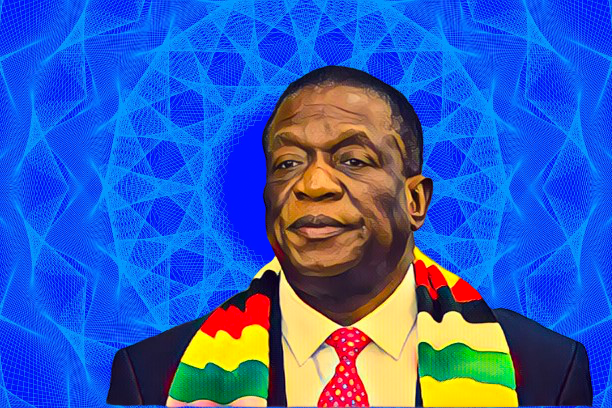In a scathing critique of the current governance under the Zanu PF-led administration, Zimbabwe finds itself at a crossroads, grappling with deepening economic woes and a populace increasingly disillusioned with their leaders’ promises. The nation, once buoyant with hope following the ascent of President Emmerson Mnangagwa and his pledge of a ‘new republic,’ is now mired in a crisis that seems to deepen with each passing day, raising urgent calls for a fundamental reset to restore Zimbabwe’s former luster.
Under President Mnangagwa’s leadership, the disparities in wealth and access have become starkly evident, with only a select few enjoying the nation’s riches. High-profile figures like Wicknell Chivayo are seen dispensing luxuries as political rewards, starkly contrasting with the dire needs of the general populace for essential services and infrastructure. This disparity raises questions about the government’s priorities and the effectiveness of its policies amid ongoing economic sanctions.
The economic situation is dire, with inflation rates reportedly hitting 1,500%, casting a long shadow over Zimbabweans’ daily lives. Recently, President Mnangagwa declared the country’s drought a national disaster, signaling a dire need for international aid to avert a humanitarian crisis. This announcement starkly contradicts earlier assurances of food security and abundant reserves, highlighting a concerning disconnect between government rhetoric and the harsh realities faced by its citizens.
As Zimbabwe appeals for US$2 billion in aid to combat hunger, the irony of a resource-rich nation struggling to feed its people is not lost on its citizens or the international community. This predicament underscores a broader crisis of governance and economic management that threatens to erode the little remaining faith in the current administration.
In a move seen by many as a mere band-aid solution, the Reserve Bank of Zimbabwe recently introduced a structured currency, a decision met with skepticism by those who argue that such measures fail to address the underlying issues plaguing the economy. Critics argue that without tackling the root causes of economic instability, such as corruption, mismanagement, and lack of transparency, no amount of currency reform will restore prosperity to Zimbabwe.
The call for an overhaul is loud and clear, with Zimbabweans yearning for governance that truly serves the interests of all its people, rather than a privileged few. As the nation teeters on the brink, the need for genuine, transformative change has never been more critical. The future of Zimbabwe hangs in the balance, with its citizens demanding a return to a governance model that fosters inclusivity, accountability, and sustainable development.


